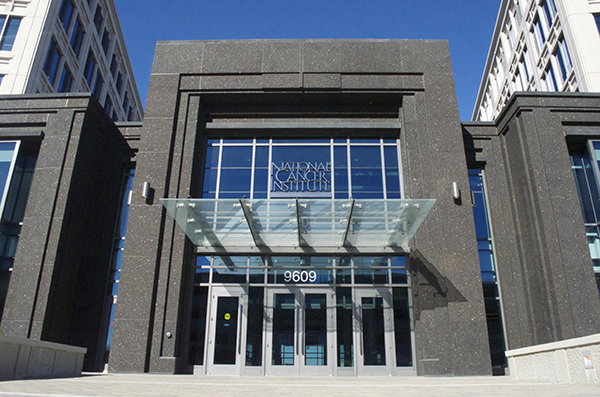New 3-year data supports Kite 'cure’ hopes for CAR-T

A handful of patients with aggressive leukaemia appeared to have been cured thanks to CAR-T therapy, with some living more than four years with complete remission (CR).
The study involved Kite’s own CAR-T candidate KTE019, which will soon be reviewed by the FDA in in patients with aggressive NHL including diffuse large B-cell lymphoma (DLBCL).
Kite is chasing Novartis, which just two weeks ago received a landmark recommendation from an FDA panel for its CAR-T drug.
Novartis’ CTL019 was unanimously recommended for use in children and adolescents with relapsed/refractory B-cell acute lymphoblastic leukaemia (ALL), and could gain approval by the end of 2017.
It was recommended on data which only showed CR up to 12 months, whereas the new follow-up on KTE019 shows patients living for up to 56 months completely clear of symptoms.
At this early stage in CAR-T development, the long-term data is good news for all of the competing drugs. The data suggest a durable response in 4 out of 0 patients enrolled on the trial, and comes close to the 5 year ‘all clear’ milestone often classed as a cure.
However the obvious downside is that this effect was seen in less than half the patients – an issue which will be highly significant when healthcare systems are asked to pay for CAR-T therapies.
Nevertheless, the data from the Kite and Novartis drugs is a huge milestone, and CAR-Ts are set to transform the treatment of haematological cancers.
The research, led by NCI lead researchers James N. Kochenderfer, M.D. and Steven A. Rosenberg, M.D., Ph.D.as part of a longstanding collaboration with Kite.
The study involved nine patients with chemorefractory aggressive NHL who were treated with a single dose of KTE019. Only seven of the 9 patients were evaluable for response, and complete remissions were observed in 5 of the 7 evaluable patients.
Four of these 5 CRs are still ongoing from 38 to 56+ months after treatment – some patients therefore just short of the five year CR period sometimes classed as a cure.
There was also good news in terms of side-effects, with no chronic toxicities attributable to CAR T cells except B-cell aplasia and hypogammaglobulinemia. The researchers say that 3 of 4 patients in ongoing CR had recovery of normal polyclonal B cells, which they say shows that durable CRs can be maintained in the absence of continued activity of anti-CD19 CAR T cells.
[caption id="attachment_27583" align="alignnone" width="120"] Kite's David Chang[/caption]
Kite's David Chang[/caption]
"We are encouraged to see durable CRs ongoing for more than 3 years, which raises a possibility of cure, from a single infusion of anti-CD19 CAR-T cells in patients with chemorefractory DLBCL, a population that previously had no curative treatment options," said David Chang, executive vice president of R&D and chief medical officer of Kite.
"This study helps us to understand the long-term potential for this anti-CD19 CAR T cell therapy (axicabtagene ciloleucel) in the larger aggressive NHL patient population.”
This larger population is important for all the CAR-T companies, as being able to help more patients will allow the companies to market the drugs at lower prices - but these could still be around $500,000 or higher.










